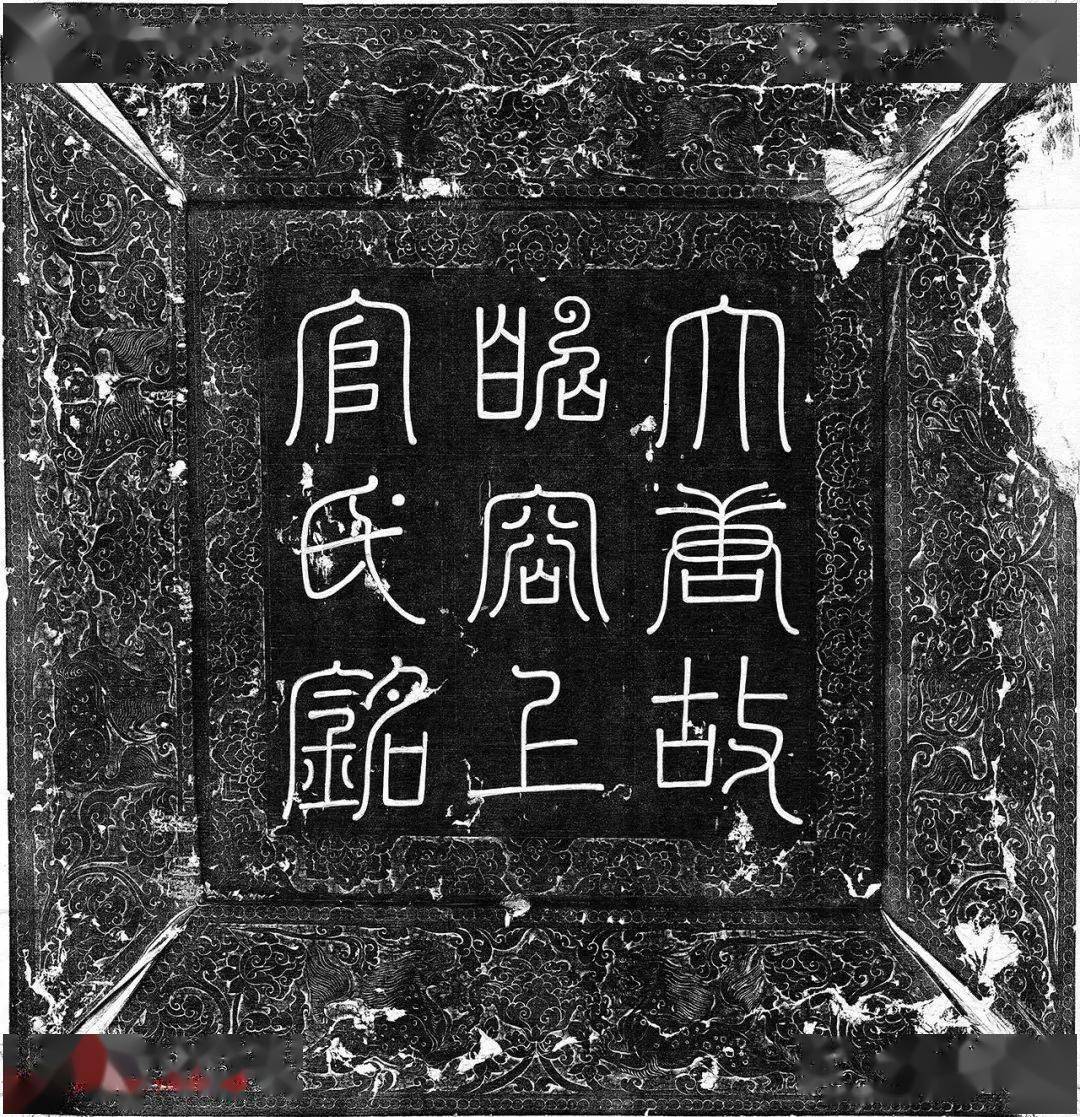Entry tags:
整点诗词 | Su Shi 行香子 · 述怀 Translation
扔个东坡先生的《行香子·述怀》上来。First done 2024, edited May 2025
I originally wanted to translate this poem because of Honkai Star Rail (wow, very good motivation, I know).The popular translation circulating around English fandom back then had "dream of a moonbeam" for the translation of 石中火,梦中身... which was something. Then, reading the poem again recently, I feel like I've gotten something else from this poem. Hmmm. Well. Might as well throw it out here.
《行香子 · 述怀》
Narrating Melancholy to Xingxiangzi by Su Shi
On this clear, windless night, the moon's sheen silvery
Upon pouring the wine, one fills the cup fully
Fame and gain transient, toil in futility
Lamenting that time: Gallops past as a white stallion does
Flickers like a spark from struck stones
Sets the body in a dream-like reverie.
Despite being learned, none empathize wholly
Welcome innocence then, such that life turns merry
When can I leave it all, return to live idly
To keep the company of: An elegant zither
A pot of wine
A bank of clouds, free.
Tried to keep meter and rhyme (lines are 6 syllables to the original 4?) and there are also kind of rhymes, once at the line breaks to match with the 银|分|神|身|亲|真|人|云. I'm not sure if I forced it too much, although I will say they did come rather naturally so I feel like its just... a choice.
There is also no figurative language other than the xiansheng uses in the original. Once again, I'm probably taking this way too much at face value, but I do think that this poem in general is direct even if it is moving, so a pretty direct translation is still a valid one.
I also do feel like taking a poetry workshop class (in English) has significantly rubbed off on me because prof emphasizes form a lot, and I've been playing around with it lately. Of course, it's probably controversial to take it into Chinese poetry translation, but the three character phrases that sound so melodic in the original are so hard to deal with.
叹 隙中驹,石中火,梦中身 & 对 一张琴,一壶酒,一溪云。
Hence, if I can't achieve the clipped meter that comes with it, I thought that I could take a page out of prof's book and see if playing with the form in terms of showing the parallelism and stuff would help it. Not sure about it, but I think it's something different also compared to other translations. I've seen that other people have couplets for rhymes and stuff, and I do respect it! I just thought I could do different and maybe better... I'm sorry, still thinking about "dream of a moonbeam”.
Side note is this is not the only poem by Su Shi influencing the High Cloud Quintet... there's also 云无留迹 (Clouds Leave No Trace) for my beloved Jingliu.
凭高眺远,见长空万里,云无留迹。
It's a different type of romantic.
A little fun thing before I tackle 婉约派...
I originally wanted to translate this poem because of Honkai Star Rail (wow, very good motivation, I know).The popular translation circulating around English fandom back then had "dream of a moonbeam" for the translation of 石中火,梦中身... which was something. Then, reading the poem again recently, I feel like I've gotten something else from this poem. Hmmm. Well. Might as well throw it out here.
《行香子 · 述怀》
Narrating Melancholy to Xingxiangzi by Su Shi
On this clear, windless night, the moon's sheen silvery
Upon pouring the wine, one fills the cup fully
Fame and gain transient, toil in futility
Lamenting that time: Gallops past as a white stallion does
Flickers like a spark from struck stones
Sets the body in a dream-like reverie.
Despite being learned, none empathize wholly
Welcome innocence then, such that life turns merry
When can I leave it all, return to live idly
To keep the company of: An elegant zither
A pot of wine
A bank of clouds, free.
Tried to keep meter and rhyme (lines are 6 syllables to the original 4?) and there are also kind of rhymes, once at the line breaks to match with the 银|分|神|身|亲|真|人|云. I'm not sure if I forced it too much, although I will say they did come rather naturally so I feel like its just... a choice.
There is also no figurative language other than the xiansheng uses in the original. Once again, I'm probably taking this way too much at face value, but I do think that this poem in general is direct even if it is moving, so a pretty direct translation is still a valid one.
I also do feel like taking a poetry workshop class (in English) has significantly rubbed off on me because prof emphasizes form a lot, and I've been playing around with it lately. Of course, it's probably controversial to take it into Chinese poetry translation, but the three character phrases that sound so melodic in the original are so hard to deal with.
叹 隙中驹,石中火,梦中身 & 对 一张琴,一壶酒,一溪云。
Hence, if I can't achieve the clipped meter that comes with it, I thought that I could take a page out of prof's book and see if playing with the form in terms of showing the parallelism and stuff would help it. Not sure about it, but I think it's something different also compared to other translations. I've seen that other people have couplets for rhymes and stuff, and I do respect it! I just thought I could do different and maybe better... I'm sorry, still thinking about "dream of a moonbeam”.
Side note is this is not the only poem by Su Shi influencing the High Cloud Quintet... there's also 云无留迹 (Clouds Leave No Trace) for my beloved Jingliu.
凭高眺远,见长空万里,云无留迹。
It's a different type of romantic.
A little fun thing before I tackle 婉约派...
